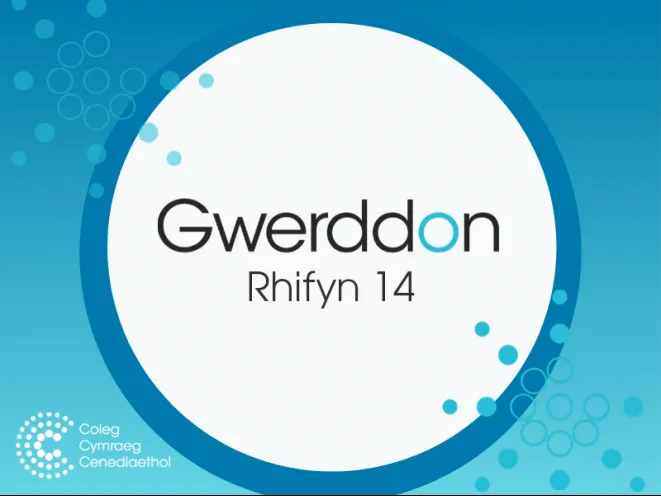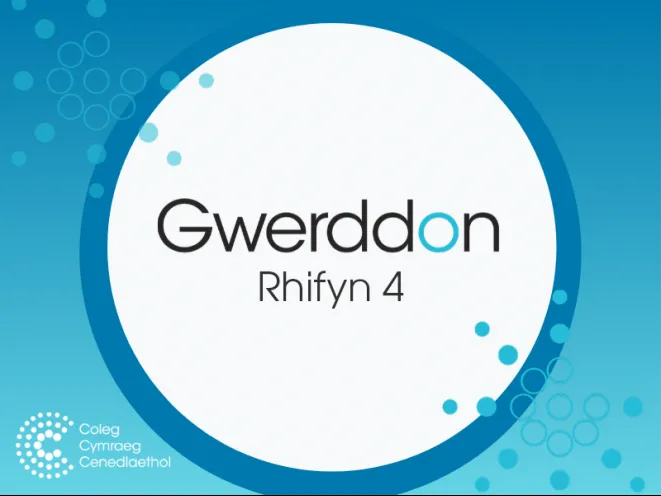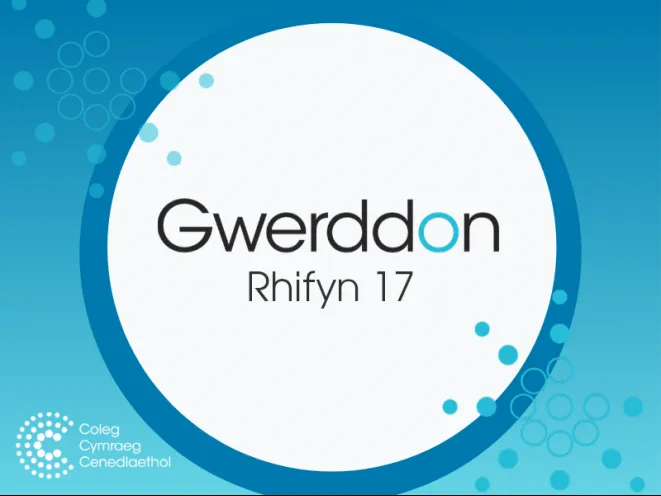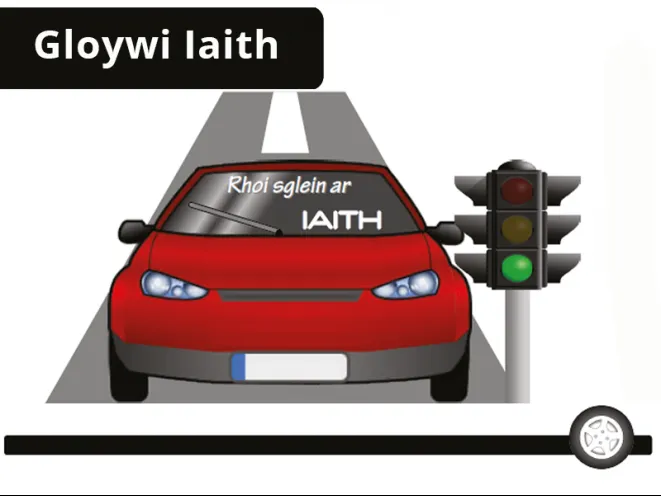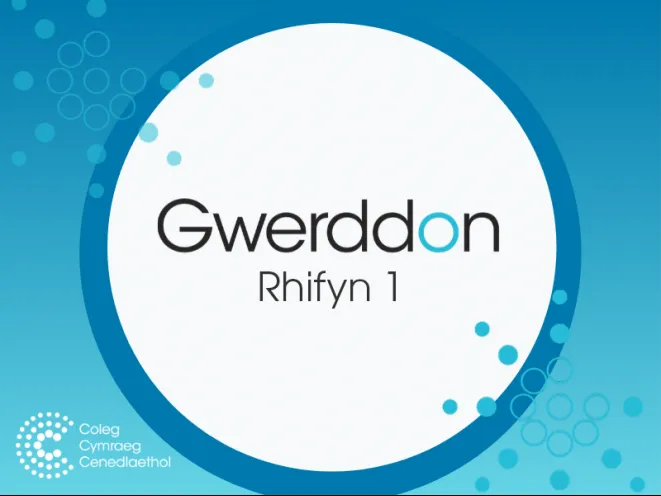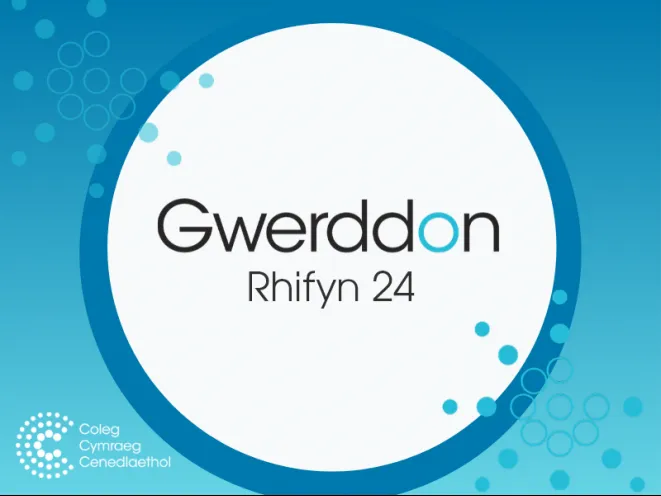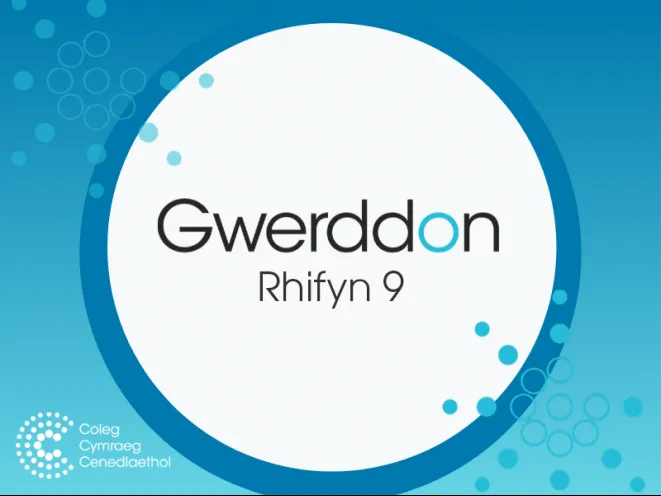This article discusses translation procedures and technology used in the Translation Centre for the Bodies of the European Union (Centre de Traduction, CDT). The relevance of the workflows and technology will then be briefly discussed in the context of English-Welsh-English translation in Wales, with specific reference to the Welsh Government Translation Service.
The translation procedures of the Translation Centre for the bodies of the EU and their relevance to Wales
'Y Wladfa: Settlement without colonisation?' Geraldine Lublin (2009)
This paper offers a fresh analysis of a number of aspects of Y Wladfa, the Welsh settlement in Patagonia, by bringing into the discussion the notion of ‘liminality’ as interpreted by postcolonial theory. After providing some historical background of the settlement that takes full account of the Argentinean perspective, we set out to explore the pronounced duality characteristic of the Welsh pioneers in Chubut in their stance as virtual colonisers and colonised. This double consciousness, which can be traced back to the very origins of the Fenter Fawr, is studied both in a general context and with particular reference to the complex relationship that developed between the Welsh immigrants and Patagonia’s original peoples.
Cynan, The Establishment and the 1960s' Revolution
Cynan (Albert Evans-Jones, 1895-1970) was one of the most prominent Establishment figures in Wales for a large part of the twentieth-century. He served as Archdruid twice and played a crucial role in the controversial decision by the Gorsedd of Bards to take part in the Investiture ceremony of Prince Charles in Caernarfon castle on 1 July 1969. He was also one of the authors of the National Eisteddfod’s Welsh-language Rule, a policy which he supported firmly during his period as President of the Eisteddfod Court towards the end of his life. In contrast, Dafydd Iwan was one of the main leaders of the Welsh Language Society, the protest group that adopted radical campaigning tactics during the 1960s. In this article, the clash between Cynan and Dafydd Iwan is seen as one representing a struggle about the very definition of Welshness at the time.
'The sound of fighting in our ears': Presenting the Great War in Welsh
The Great War was one of the most important events in Welsh history, the ramifications of which have seriously affected the society and culture of the country for decades. However, the history of the years of fighting has often been presented to a Welsh-speaking audience in an oversimplified way, emphasising the horrors of the War without considering the context. This study briefly traces how the way the War has been presented in Welsh-language programmes over the decades, before considering in detail some of the problems arising from that presentation of the slaughter.
Gloywi Iaith
Cyfres o adnoddau hylaw i loywi iaith ar gyrsiau hyfforddi cychwynnol athrawon. Gall y deunydd gael ei ddefnyddio gan athrawon newydd gymhwyso ac athrawon profiadol i wirio adnoddau a chynlluniau gwersi.
'One Cry Four Voices': The influence of choral singing on health and welfare in Wales
Since the Nineteenth Century, choral singing has played a prominent part in Welsh culture and society. In the latter part of the Twentieth Century, there were increasing demands to consider the influences of quality of life and well-being on health. As a result, there is a growing field of research that considers the role of the community arts, and choral singing in particular, as social capital, and the way in which they can influence personal and social health and well-being. Due to this growing recognition, this article will consider research that examines the relationship between amateur choir-singing in Wales – as both a musical and social event – and general health and well-being.
(The voice of Welsh missionary women, 1887-1930)
This article explores the cultural implications of female celebrity acquired through involvement in the colonial missionary activity of the Welsh Presbyterian Church. Women were directed to perform particular functions in the process of constructing Christian communities in British colonies, among which were the conversion of other women and the provision of descriptions and explanations of the mission to a home audience. Along with lectures and sermons by missionaries on furlough, and missionary exhibitions, the main transmission route for this communication was the denominational missionary press. This article examines the ways in which the female missionaries presented themselves and their work to the audience at home in the missionary press between 1887 and 1930, and suggests that the images they presented, and the undertones that can be found in their writing, were the main inspiration for Welsh Presbyterian women to support the missionary cause, and form themselves into a remarkable movement that became a vital channel for the sponsorship of missionary work.
Representation Theory and Symplectic Quotient Singularities
The first part of this article is an informal introduction to the representation theory of the symmetric group, which is intended for the working mathematician who knows no representation theory. In the second part we explain, more generally, how representation theory can be used to study symplectic quotient singularities. Namely, one can use representation theory to decide when these singular spaces admit crepant resolutions.
The effects of language frequency on adults knowledge of the Welsh plural system
The aim of this study was to investigate the role of quality and quantity of linguistic input (i.e. to what extent are individuals exposed to a language from different sources during their lives) on Welsh-English bilingual adults’ acquisition of the Welsh plural system. Previous research found differences between bilingual children from different language backgrounds. While it is possible to reduce the difference with an increase in exposure to the language, however, when the structures are complex how quickly (if at all) can any difference be reduced, especially when the system is used inconsistently across adults. However, to what extent these differences reduce is unclear, as no research has been conducted on individuals over age 11. The aim of the study was to assess Welsh-English bilingual adults’ abilities to create plural words in Welsh, in order to trace the extent the differences seen between children have reduced over time.
This leaf: the nature, origins and purposes of leaf colours
The state of the environment and the passage of time are reflected in the changing colours of the plants around us. Chlorophyll, the green pigment of leaves, captures the energy of sunlight that drives photosynthesis and powers the biosphere. The disappearance of chlorophyll from autumn leaves reveals the yellows and oranges of another family of plant pigments, the carotenoids. Carotenoids protect plants from stresses and are also responsible for the colours of many flowers and fruits. In autumn, the leaves of species such as maples make red and purple anthocyanins, which are members of a diverse family of pigments and defence chemicals. Plants use pigments to send signals to pollinators, dispersers and predators, among which are humans, who have a special physiological and psychological responsiveness to the plant chemistry that colours our world.
The learner’s voice: The experiences of adults learning Welsh in north Wales
This paper discusses an ambitious study of adult learners of Welsh in north Wales. Over 1,000 people have taken part in the project, which is studying the experiences of learners throughout the region over a period of three years. This is the most comprehensive study of its kind in the field. The work is led by the North Wales Welsh for Adults Centre and the ESRC Centre for Bilingualism Research at Bangor University. Between September 2008 and August 2010, two questionnaires were distributed to beginners on all north Wales providers’ courses. The results of those questionnaires are discussed below, including aspects such as the learners’ background, their reasons for learning Welsh, their experiences during their course and their satisfaction with the provision. The history of Welsh for Adults is outlined and the research is set in the context of language revitalization and planning in Wales and beyond.
The effect of language on physical rehabilitation: A study of the influence of language on the effectiveness o...
In an area of Wales where 50% of the population is bilingual one community physical rehabilitation service had no Welsh-speaking therapists. An internationally standardised outcome measure was used to assess the effectiveness of rehabilitation in this area. This revealed that Welsh speaking patients had significantly poorer results from rehabilitation than non-Welsh speakers (p<0.05), while there was no significant difference where the therapists were bilingual. The results suggest that therapists’ ability to speak patients’ first language impacts on therapy effectiveness. The percentage of individuals who could speak Welsh referred (by health or social care professionals) was compared with the percentage of Welsh speakers which would have been anticipated given the percentage in the general population. Significantly fewer Welsh speakers were referred to the rehabilitation service than the anticipated percentage (p<0.001). Whilst this suggests professionals’ inability to speak Welsh may impact negatively on access to services for Welsh speakers, there may be other multifactorial psycho-social reasons to consider.

